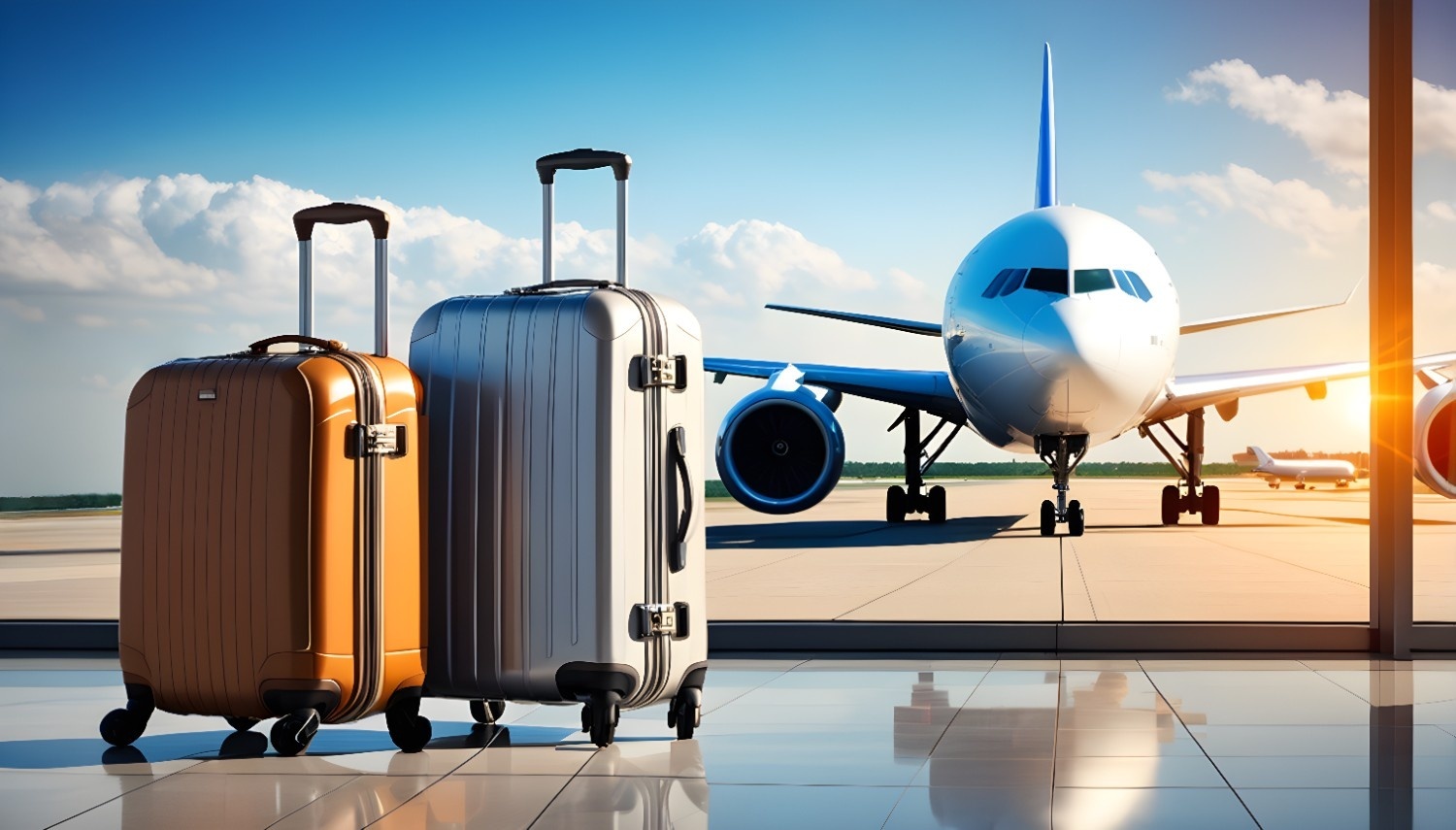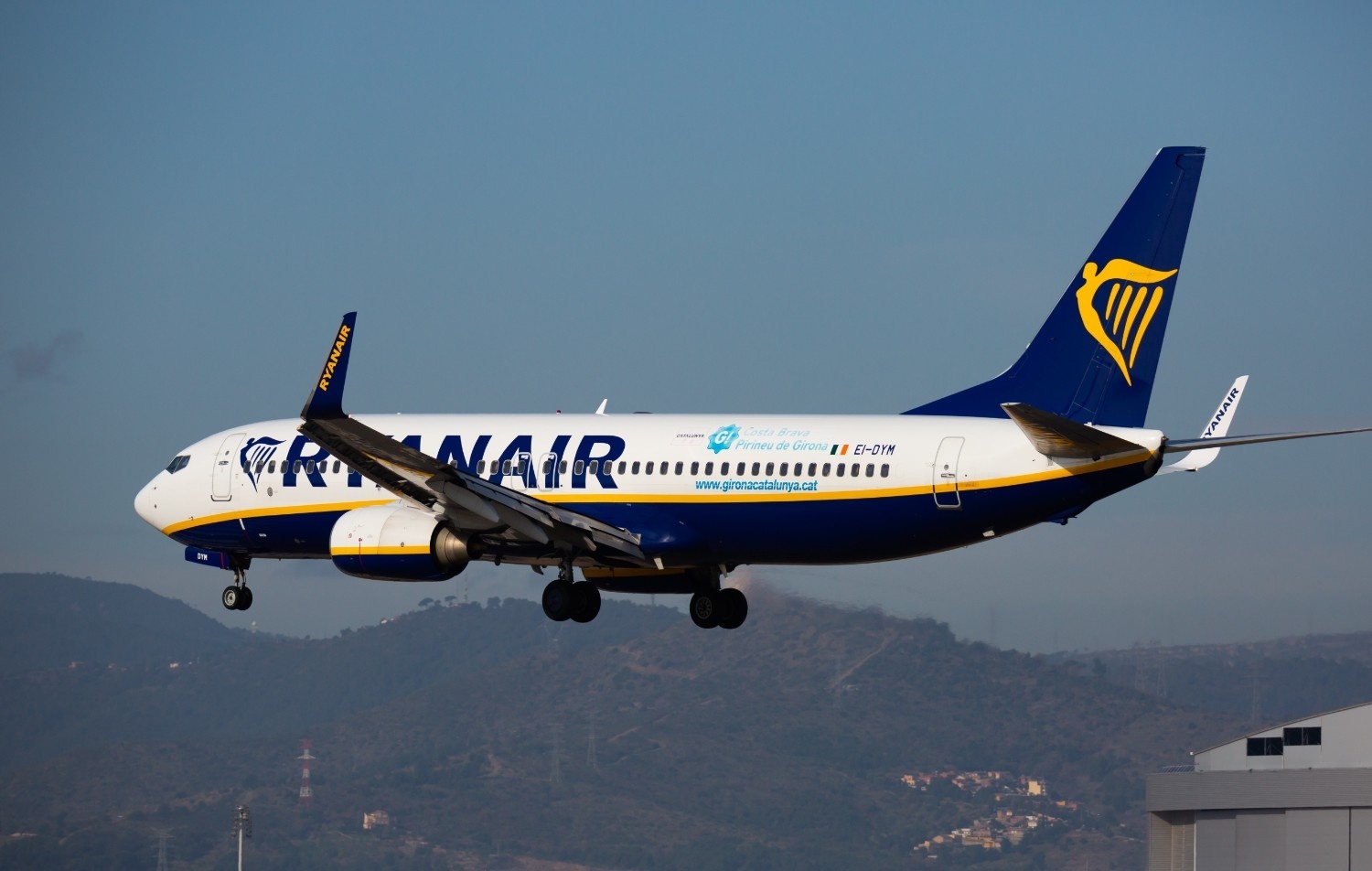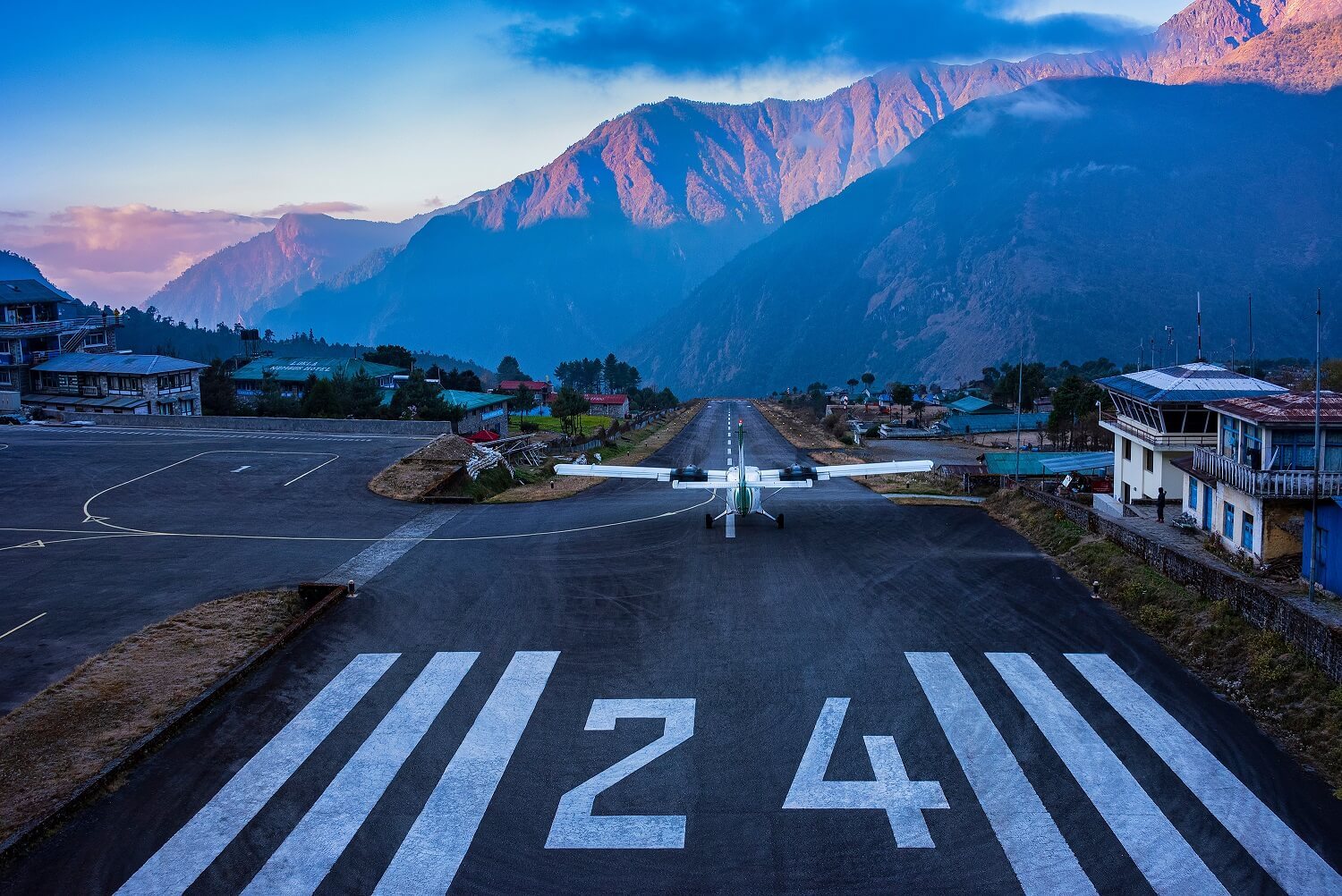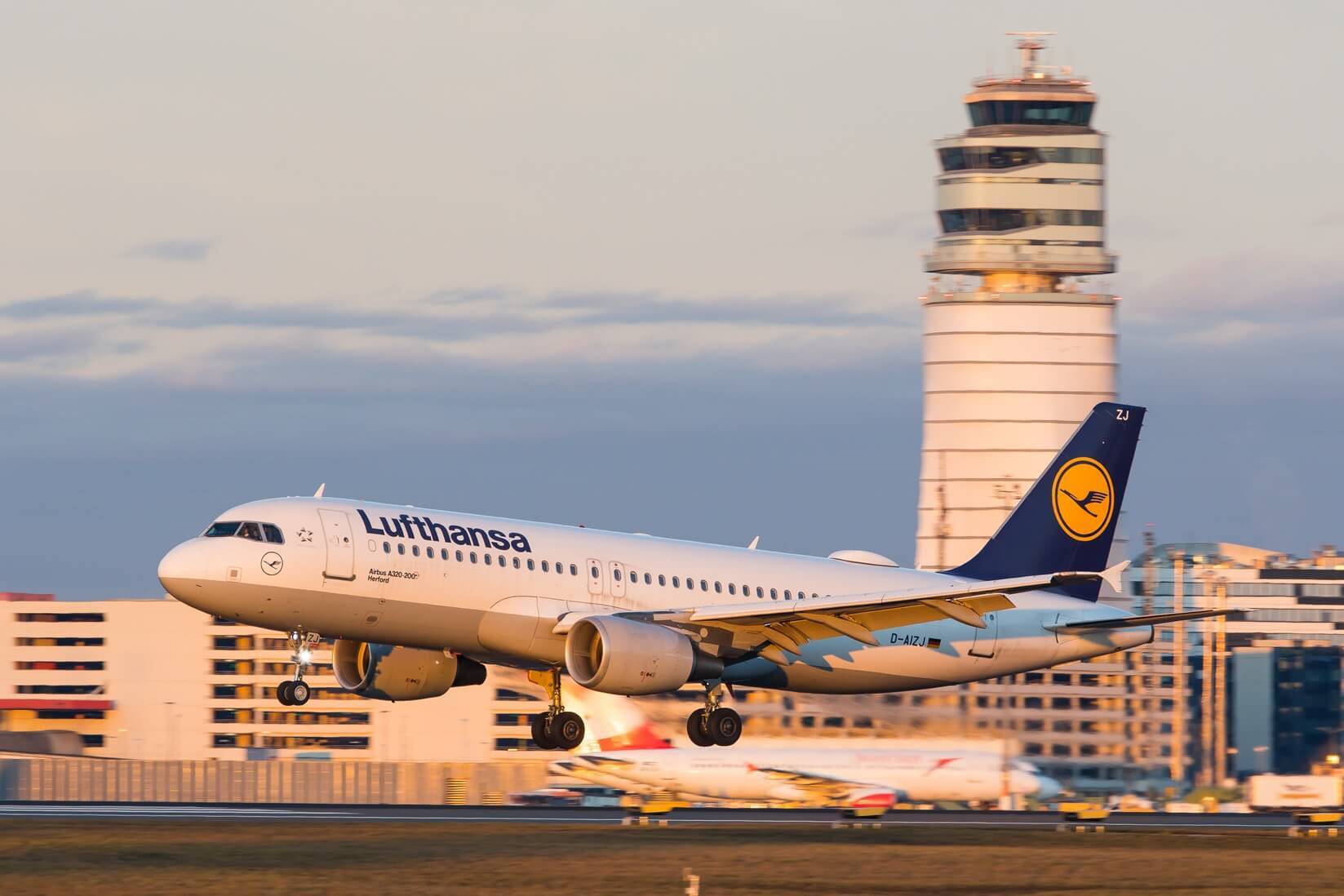Debunking flight myths: Separating fact from fiction

In an age of advanced technology and scientific understanding, air travel remains shrouded in mystery and misinformation. Despite our knowledge of aerodynamics and engineering, numerous myths and legends persist around the world of aviation. From the belief that alcohol hits harder at high altitudes to the superstition surrounding certain seat numbers, these misconceptions often stem from a mix of imagination and hearsay. Let's take a closer look at some of these flight myths, separating fact from fiction.
Flight myth 1: Faster inebriation at high altitudes
One prevalent myth suggests that passengers get drunk faster while flying. However, scientific evidence refutes this notion. Although cabin pressure can slightly affect oxygen levels in the brain, it doesn't accelerate alcohol absorption. The sensation of feeling more intoxicated during a flight likely stems from factors unrelated to altitude.
Flight myth 2: Ideal measurements for flight attendants
Another myth revolves around the idea that flight attendants must meet specific physical criteria, particularly concerning height and weight. While practical considerations dictate that flight attendants should be able to reach overhead compartments and deploy emergency equipment, there are no strict aesthetic requirements enforced by airlines.
Flight myth 3: Cell phones can crash planes
Since the advent of mobile phones, rumors have circulated about their potential to interfere with aircraft systems, even causing crashes. However, stringent safety measures, such as switching devices to airplane mode during flight, mitigate any risk of interference. Despite occasional fears, no evidence suggests that a mobile phone alone can bring down an aircraft.
Flight myth 4: Emptying toilets mid-air
Contrary to popular belief, aircraft toilets do not release waste mid-flight. Instead, they collect waste in onboard tanks, which are emptied upon landing. The misconception likely arises from the occasional sighting of ice crystals forming and falling from high-flying planes, a natural phenomenon unrelated to toilet waste disposal.
Flight myth 5: Overbooked flights
While it's true that airlines often overbook flights to compensate for no-show passengers, the perception of widespread overbooking may be exaggerated. Airlines employ sophisticated algorithms to predict no-show rates accurately, minimizing the need for involuntary bumping. However, overbooking can still occur, particularly during peak travel seasons.
Flight myth 6: Requiring two seats for overweight passengers
For individuals requiring more than one seat due to their size, airlines typically offer solutions without mandating the purchase of an additional ticket. Passengers can request accommodations, such as seat belt extenders or adjacent empty seats, to ensure their comfort and safety during the flight.
Flight myth 7: Enhanced taste of tomato juice
The altered taste perception experienced during flights, particularly of tomato juice, is indeed a documented phenomenon. Reduced air pressure and humidity levels can affect taste buds, causing certain flavors to be perceived differently. This explains why some passengers find tomato juice more palatable at altitude.
Flight myth 8: Opening cabin doors during flight
Cinematic portrayals of aircraft cabin doors being flung open mid-flight are pure fiction. In reality, cabin doors are equipped with multiple safety mechanisms, making it virtually impossible to open them during flight due to the stark pressure differential between the cabin and the external environment.
Flight myth 9: Superstitions about seat numbers
Superstitions surrounding certain seat numbers, such as omitting row 13 from aircraft layouts, persist in many cultures. However, these practices are more symbolic than practical, reflecting cultural beliefs rather than genuine safety concerns.
Flight myth 10: Differential meals for pilots
As a precautionary measure, pilots and co-pilots are often served different meals during flights. This practice ensures that if one meal is contaminated, there is still a qualified pilot available to operate the aircraft safely.
In conclusion, while the world of aviation is indeed rife with myths and misconceptions, a closer examination reveals the truth behind many of these tales. By dispelling these myths, passengers can approach air travel with a clearer understanding of the realities involved, enhancing both safety and enjoyment in the skies. One thing is certain though: If you have a flight delay or flight cancellation, you can always contact MYFLYRIGHT for help.
Latest posts
Ryanair goes paperless – What this means for your next flight
Ryanair ends paper boarding passes on Nov 12, 2025. Travelers must use the myRyanair app for check-in and boarding.
Flight delays and cancellations in August 2025
Check which flights were delayed in August 2025 – you may still be entitled to claim up to 600 € in compensation.
Flight delays and cancellations in July 2025
Check which flights were delayed in July 2025 – you may still be entitled to claim up to 600 € in compensation.












